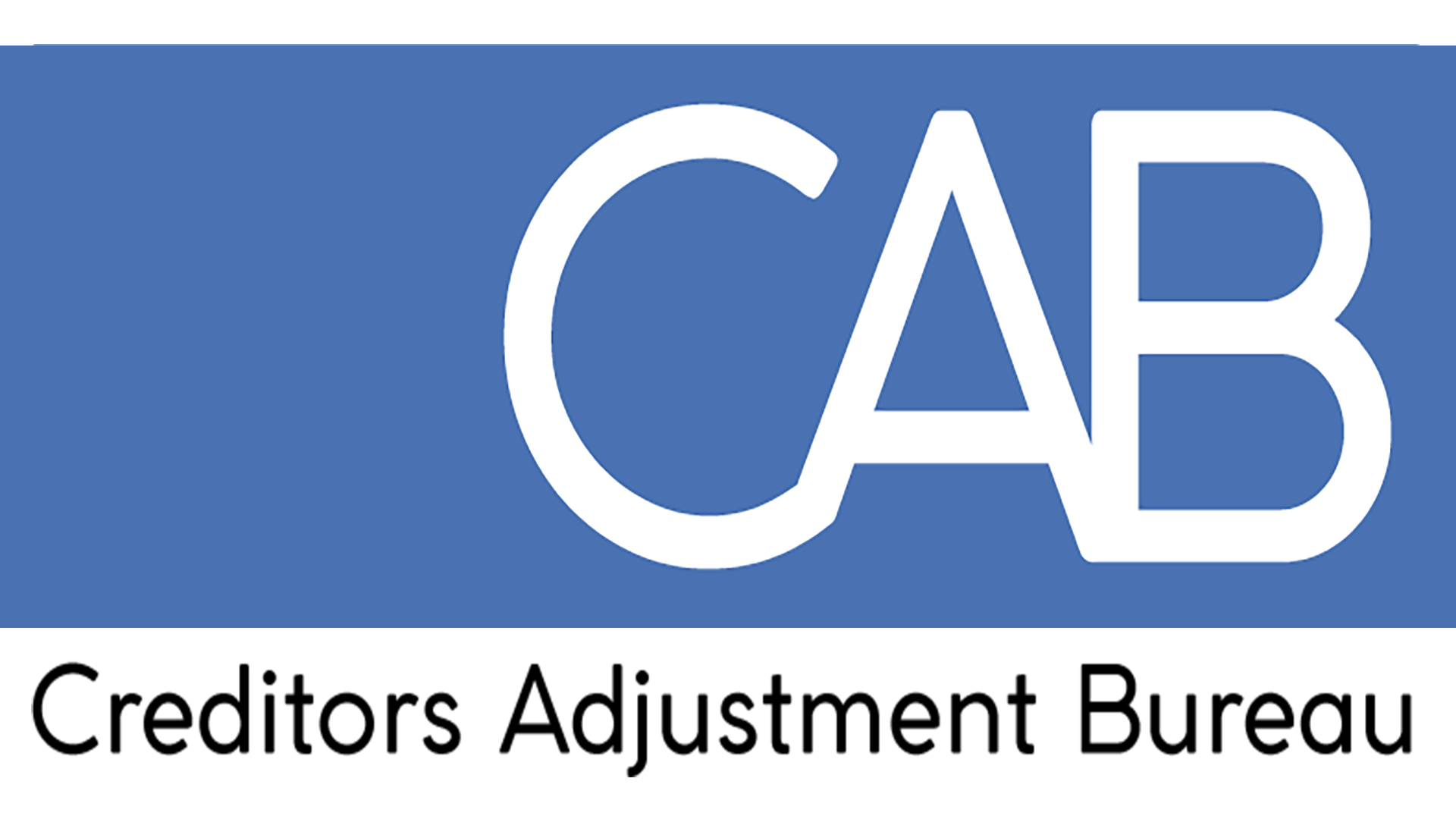Trying to locate someone who may not want to be found can be a frustrating experience. That’s why skip tracing is such a valuable tool for the commercial collections industry.
But how exactly does it work?
Professional collectors use skip tracing to locate debtors whose contact information is no longer accurate. (The most obvious indicators of inaccurate contact information are returned mail, disconnected phone or wrong phone number.) This can happen, for instance, when the debtor has moved and failed to provide a forwarding address.
Playing Hide and Seek
The skip tracing process often involves searching through massive amounts of both public and private information. While much of this data is available online, access must be purchased. The alternative is to hire a professional commercial collection agency that offers this access as part of its services.
This research can be both time- and labor-intensive, and it requires more than just access; it requires specialized expertise in order to sift through the data and identify crucial items. Skip tracing methods used for commercial accounts are different from those used to locate consumers.
Commercial Skip Tracing
In commercial collections, skip tracers start with the credit application. From the credit app, collectors can often access an abundance of information, such as:
- Secondary names
- Cell phone numbers
- Additional phone numbers and email addresses
- Second business location
- Names of vendors or banks used as references
- Names of other individuals involved with the business.
In other words, the credit application is key to locating the party responsible for the debt.
In addition to reviewing the original credit application, commercial debt collectors often check the Secretary of State database to determine if a company is still in operation and if its corporate charter is current. From this site, they can also review the company’s articles of incorporation, as well as identify corporate officers and the company’s registered agent.
If there is a personal guaranty for the commercial credit, the skip tracer will pursue payment from the individual guarantor, and a demand letter can be sent to that person. (See sidebar, “About the Personal Guaranty.”)
Skip Tracing a Personal Guarantor
If a personal guarantor for the commercial debt has been identified, the skip tracing process then becomes very much like a consumer skip trace.
 The skip tracer may access the guarantor’s credit report, but only if the creditor was given permission to do so on the original credit application.
The skip tracer may access the guarantor’s credit report, but only if the creditor was given permission to do so on the original credit application.
If unable to access the guarantor’s credit report, the skip tracer will begin to search online for Uniform Commercial Code (UCC) filings. The various databases and other resources that can be accessed in this search include:
- Phone number databases
- Social media (e.g., Facebook and LinkedIn)
- Credit card applications
- Loan applications
- Utility bills
- Public tax information and other public records
- Driver’s license/vehicle registration records
- Professional licenses
- Landlord or property owner information
All available data is leveraged to motivate the personal guarantor to start paying the debt.
In accordance with government regulations, it is illegal for the skip tracer to identify himself as a debt collector to anyone but the personal guarantor of the debt. When attempting to obtain information about this individual’s location, any kind of deceptive, abusive or unfair practice is strictly prohibited by the Fair Debt Collection Practices Act (FDCPA).
(NOTE: The FDCPA and similar state regulations do not generally apply to the collection of commercial debts. However, once the personal guarantor of a business debt has been identified and has become the target of the collection effort, these laws do apply.)
The CAB Advantage
Is your company’s internal collections department proficient in skip tracing? If not, your staff can waste a lot of time attempting to track down debtors. Paying your employees to skip trace can really add up in terms of wages, health benefits, etc. Not to mention the cost of accessing locator databases.
At CAB we work for you on a contingency basis, so we only get paid if we recover for you. CAB has a dedicated Skip Tracing Department as well as a department devoted exclusively to Asset Investigation. This is all included in our service to you.
We have access to several locator databases (which only properly trained professionals should utilize, to avoid violating privacy laws.) If the debtor-business is a sole proprietorship or a partnership, we’ll search for the owner(s) or partner(s) and assign the debt to those individuals. We can also locate corporate officers for Limited Liability Companies (LLCs), Limited Liability Partnerships (LLPs) or Chapter S Corporations, enabling us to identify the responsible parties.
The collection professionals at CAB are skip tracing experts. We can locate even the most elusive debtors to maximize your debt recovery. Put us to work for you!
Sources:
Featured Image: Adobe, License Granted
Experian
DataTree
ACA International

